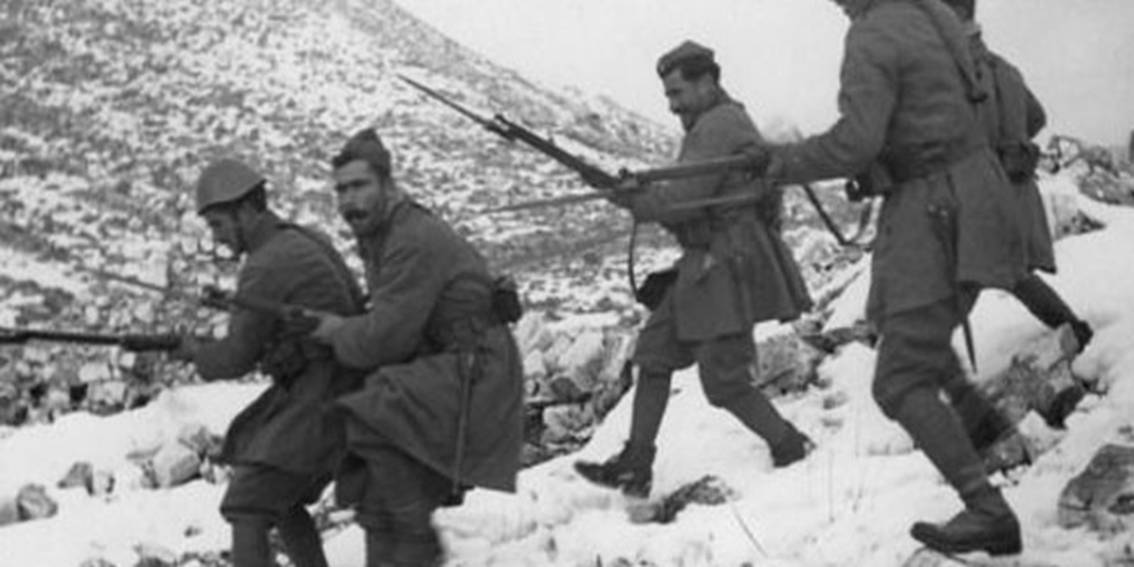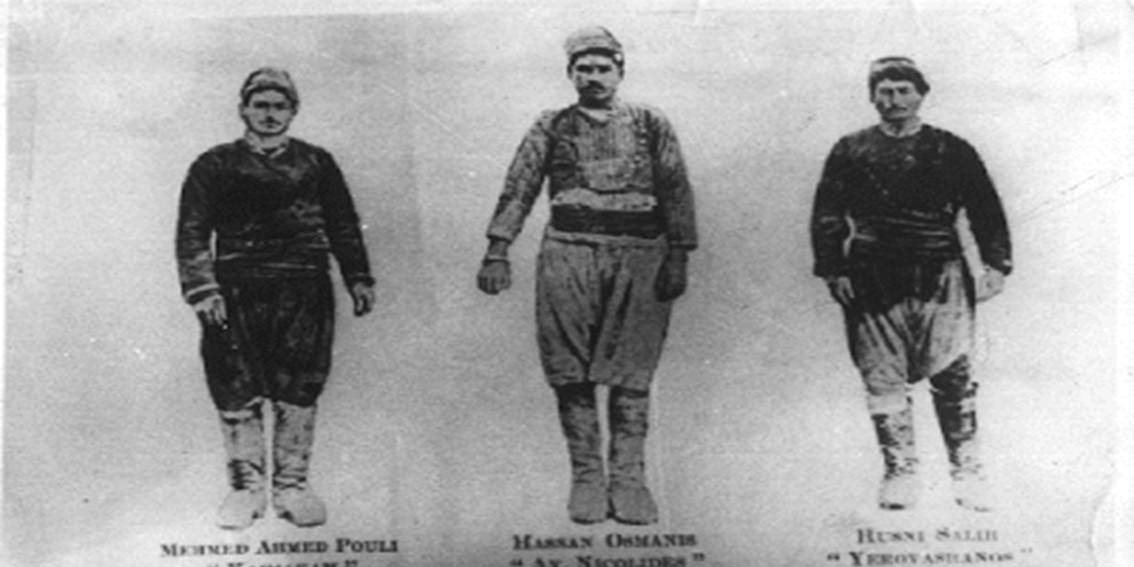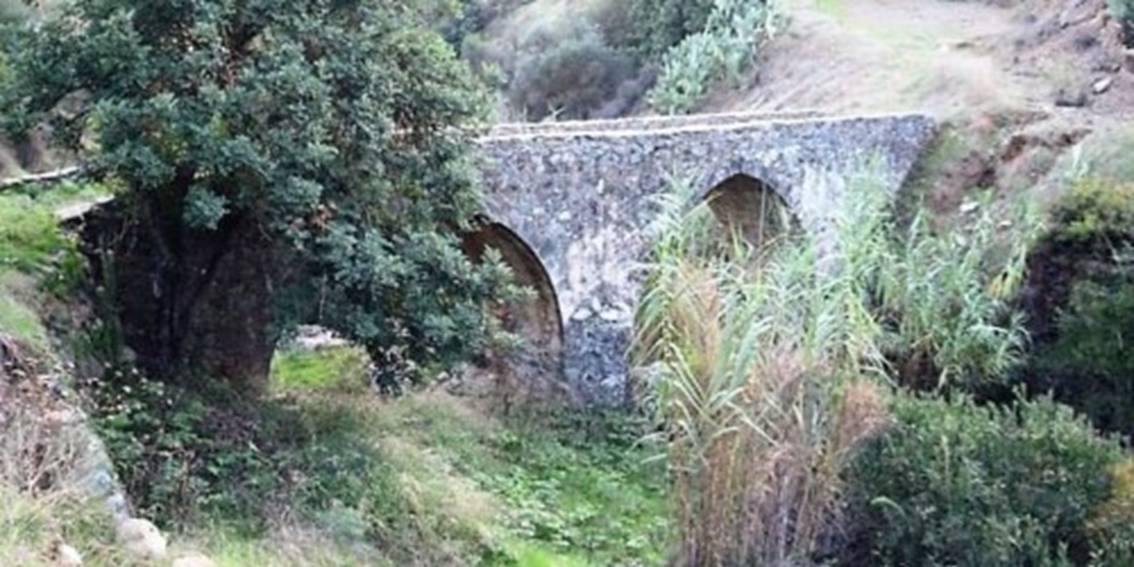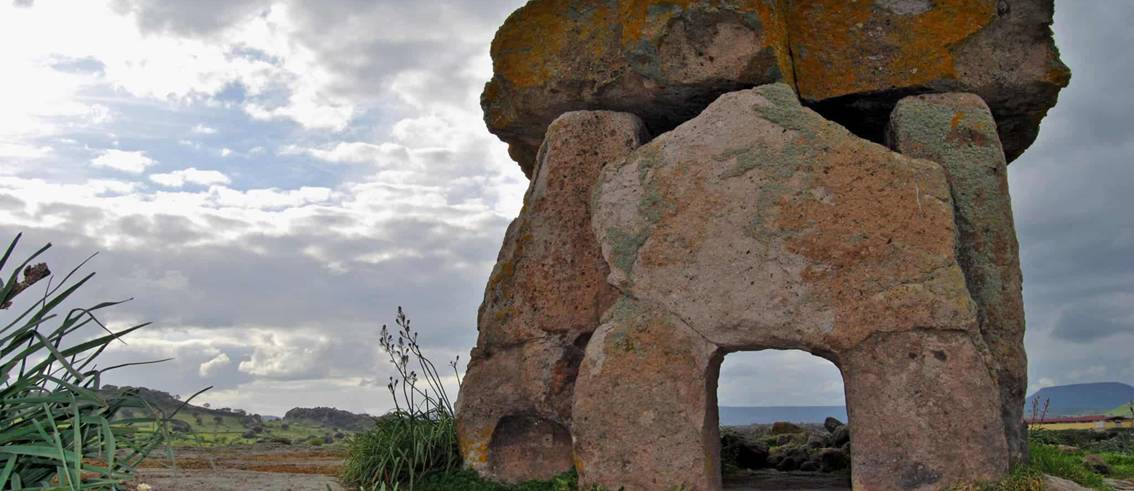The Greek Cypriot Volunteers Answer the Call
The Greek Cypriot volunteers. In 1940, the people of Cyprus, a British colony at the time, felt a deep connection to their Hellenic homeland. When Fascist Italy invaded Greece that October, this connection ignited a powerful response. Over 5,000 Greek Cypriot men, driven by patriotism and a shared cultural heritage, made the momentous decision to volunteer. They sought to fight alongside the Greek army against the invading Italian forces. The British colonial administration, recognizing the strategic value of this sentiment, officially endorsed and facilitated the recruitment process.
The Journey to the Frontlines
The voyage to the frontlines was a profound undertaking. Over 5,000 Greek Cypriot men left their homes and families, boarding ships bound primarily for Greece. The Greek government and military, though grappling with the sudden invasion, officially welcomed these eager reinforcements. The military integrated the volunteers directly into existing Greek army units. This decision ensured that the Cypriots fought shoulder-to-shoulder with their mainland comrades from the very beginning. They did not form separate, segregated battalions but instead became a seamless part of the Greek defensive effort. This integration fostered immediate camaraderie and a shared sense of purpose against a common enemy.
Distinction on the Albanian Front
The Greek Cypriot volunteers faced their ultimate test in the gruelling mountains of the Albanian front during the harsh winter of 1940-1941. They endured freezing temperatures, deep snow, and difficult terrain alongside the Greek soldiers. The volunteers exhibited remarkable courage and resilience in numerous fierce engagements. Their contribution was a significant factor in the Greek army’s initial stunning successes. These battles famously forced the larger Italian army into a full-scale retreat, marking the first major Allied land victory against the Axis powers. The Cypriots earned a reputation as determined and effective fighters, bringing honour to themselves and their homeland.
An Enduring Legacy of Solidarity
The story of these 5,000 men is far more than a historical footnote; it is a foundational element of Modern Greek Cypriot identity. Their voluntary sacrifice powerfully demonstrated that the bonds of Hellenism were stronger than any geographical separation. While the subsequent German intervention would overrun Greece, the memory of that initial victory, achieved with Cypriot blood, remained a potent source of pride. The volunteers embodied the ideal of a unified nation defending its sovereignty and culture. Their legacy is not one of a tragic defeat, but of unwavering solidarity and immense courage. This chapter forever cemented a deep, fraternal connection between Cyprus and Greece, a legacy of shared honour that continues to resonate today.




